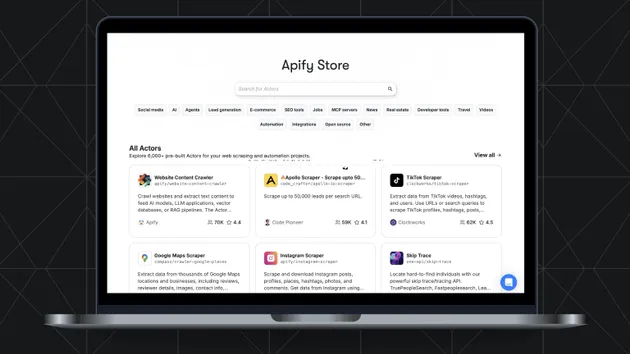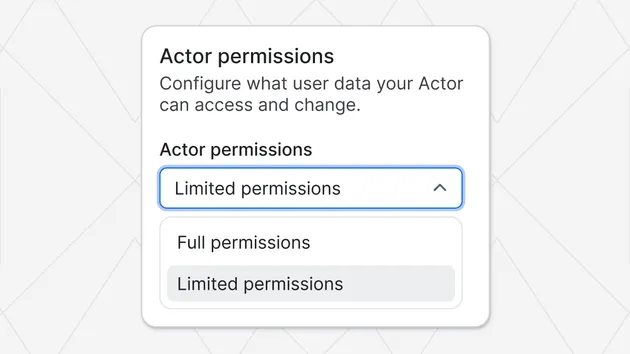Actor Build Starter
Pricing
Pay per usage
Actor Build Starter
Run builds for multiple actors in your account simultaneously. This can be useful when many actors in a given project have been updated. For example, the documentation might have been updated in 50 actors. This tool will help you trigger actor builds for all 50 at once.
Pricing
Pay per usage
Rating
0.0
(0)
Developer

Francisco Villarreal
Actor stats
2
Bookmarked
6
Total users
1
Monthly active users
3 years ago
Last modified
Categories
Share




